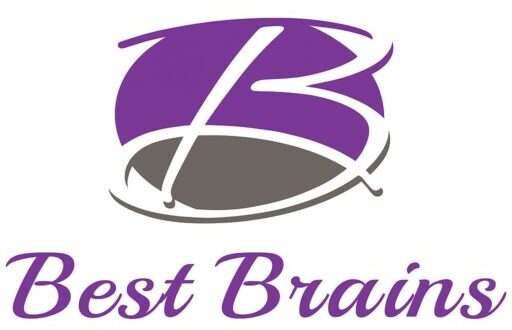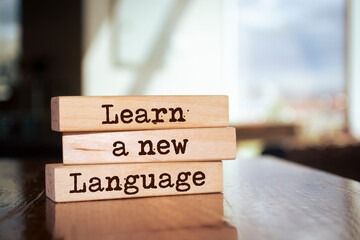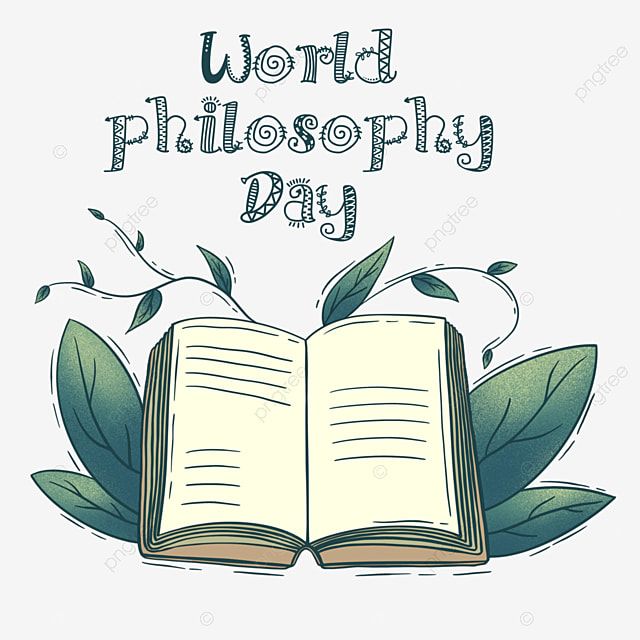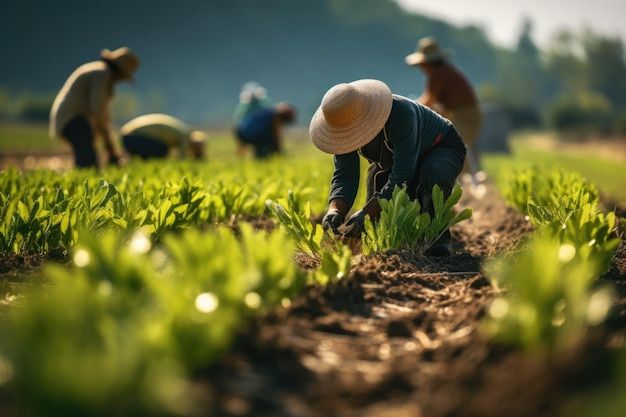The International Mother Language Day
Celebrating Linguistic Diversity and Cultural Heritage
Observed every February 21st, The International Mother Language Day highlights the importance of preserving and promoting mother tongues around the world. Language is not just a means of communication—it is a vital part of identity, culture, and community. Maintaining mother tongues ensures that generations can connect with their heritage, share knowledge, and strengthen cultural continuity.
Best Brains Educational Empowerment Association (BBEEA) believes that fostering multilingualism and respect for all languages is key to holistic education. Encouraging students to use their mother language supports literacy, cognitive development, and a deeper understanding of their cultural roots, while also promoting inclusion and diversity in schools and communities.er is a child whose life has been changed.
Storytelling, Displays, and Mother Tongue Materials
To commemorate this day, BBEEA organizes activities that celebrate local languages and cultural expression:
- Storytelling in Local Languages: Students and teachers share folktales, stories, and oral traditions to strengthen literacy and preserve cultural heritage.
- Display of Mother Tongue Materials: Schools showcase books, teaching aids, and educational resources in various local languages, encouraging learners to read, write, and communicate in their native tongue.
These initiatives help students appreciate the richness of linguistic diversity, strengthen literacy in mother languages, and create awareness about the importance of preserving these languages for future generations.
Through The International Mother Language Day, BBEEA emphasizes that every language matters, and that nurturing linguistic diversity is essential for cultural identity, education, and social cohesion.




